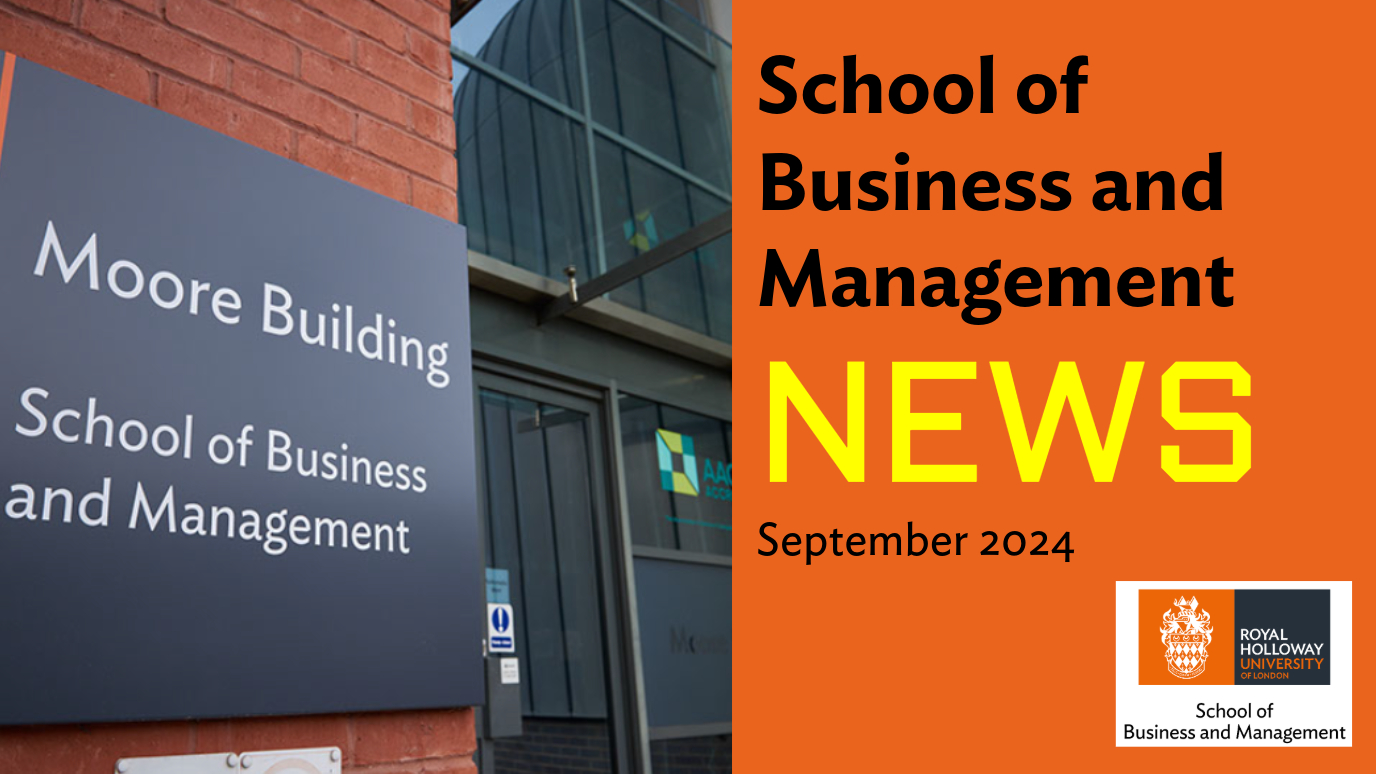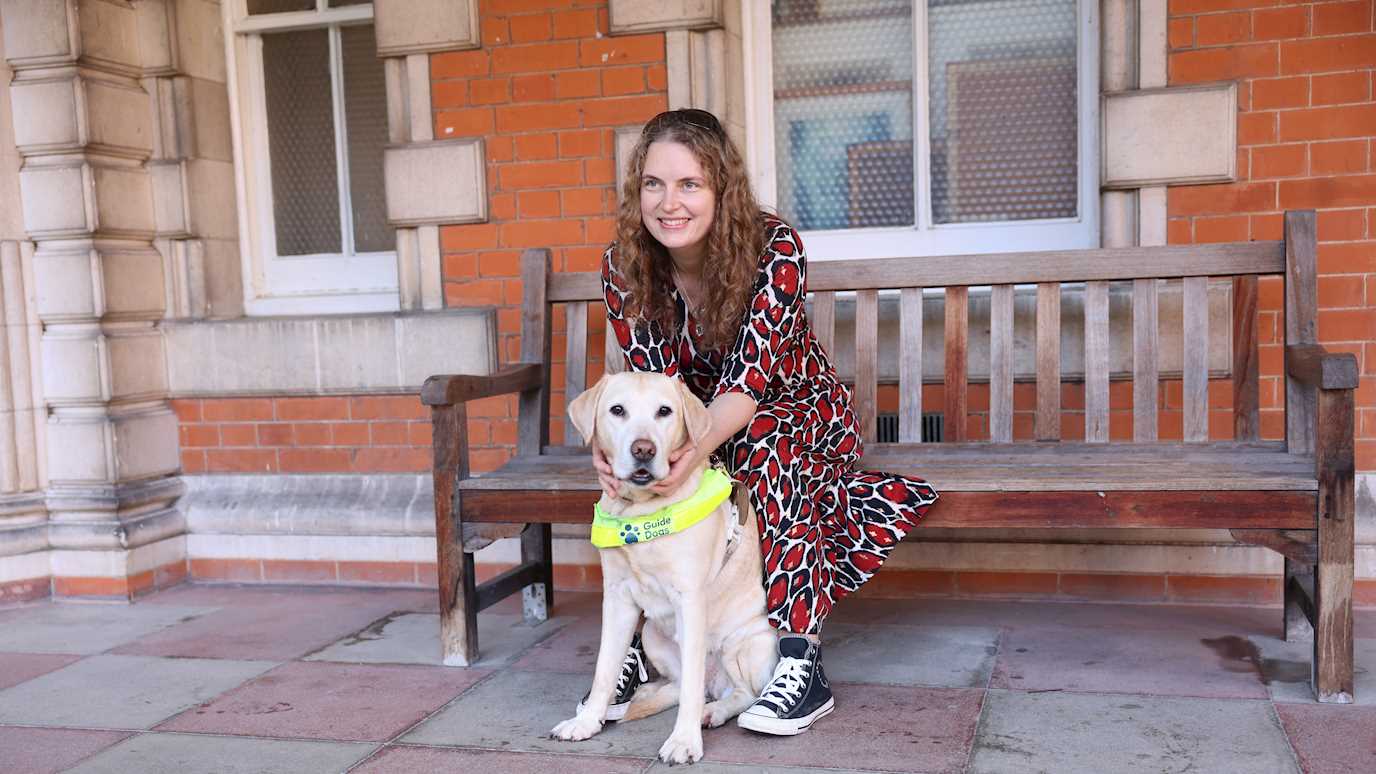Contributing to the panel discussion 'Gen AI: What's Now? What's Next?' Professor Jashapara helped outline the benefits and risks of Generative AI in business, examining the impact it has already had and the many ways business and consumers may soon be benefitting from it.

Professor of Innovation Studies, Ashok Jashapara, was invited as a keynote panel speaker at Big Data London 2023, illuminating the dynamic landscape of Generative AI and its profound impact on both education and business. The event drew an astounding audience of 20,000 participants, all avidly seeking to grasp the future implications of this ground-breaking technology.
Highlighting Generative AI's revolutionary prowess, Professor Jashapara not only shed light on its influence in automated text generation, such as ChatGPT, but also highlighted its ability to personalize images and videos for targeted audiences. The era of Chatbots and virtual assistants, once considered avant-garde, is now firmly embedded in the fabric of large organizations, liberating staff from the monotony of repetitive tasks.
While Generative AI is currently in its nascent stages, its impact is already reverberating through professions, notably in architecture. Astonishingly, generative AI tools have propelled the construction of colossal hotels in under five months, from inception to completion. Yet, Professor Jashapara was candid in his assessment, contending that the designs bore a robotic signature, devoid of the artistic flourish of human architects. Such is the present reality, but the trajectory of this technology's growth is nothing short of exponential.
The landscape of architectural design is being revolutionized, with tools now enabling structures to be conceived in a mixture of styles of luminaries such as Zaha Hadid and Norman Foster. Professor Jashapara articulated the pressing need for a robust ethical framework and a legal apparatus to navigate the intricacies of privacy, copyright, and fraud in this new technological frontier. He mentioned the threat of Cambridge Analytica, reminding the audience of technology's potential for malevolent ends, and underscored the burgeoning challenge posed by convincing counterfeit content, exemplified by deepfake videos and text. Who owns the generated content remains an area conspicuously unaddressed.
Much of the panel's deliberations centred on the current technology's teething troubles, particularly its struggle with contextual comprehension and sensemaking, as well as the formidable issues of bias and discrimination inherent in its trained data. However, unanimous consensus prevailed regarding the innate capacity of Generative AI to reshape professions and redefine the very essence of work in the times to come.
























